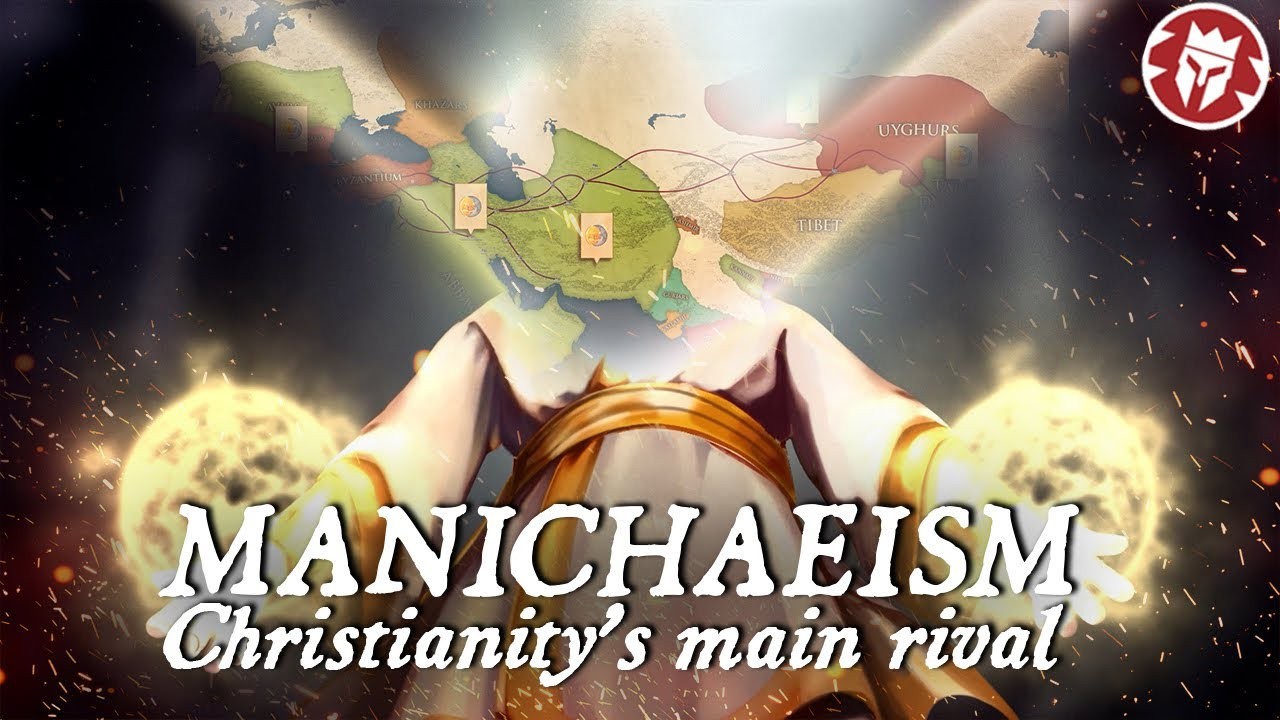History
Welcome to History!
A community dedicated to sharing and discussing fascinating historical facts from all periods and regions.
Rules:
-
Post about history. Ask a question about the past, share a link to an article about something historical, or talk about something related to history that interests you. Discussion is encouraged.
-
No memes. No ads. No promos. No spam.
-
No porn.
-
We like facts and reliable sources here. While sources like Quora/Reddit/Wikipedia can be great tools for quick searches, we do not allow such user-generated content as primary source. What’s wrong with Wikipedia?
NOTE: Personal attacks and insults will not be tolerated. Stick to talking about the historical topic at hand in your comments. Insults and personal attacks will get you an immediate ban.


